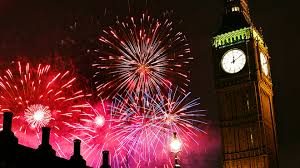Well what do you know? Here it is the 7th of January already! 2020 is well and truly under way, and I’ve revamped this 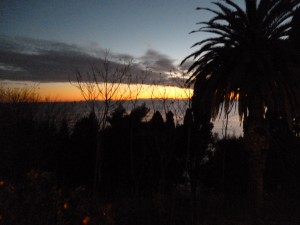 post from the archives because it’s a post that I need to re-read for my own benefit every year, and I hope it will be something to encourage readers as well.
post from the archives because it’s a post that I need to re-read for my own benefit every year, and I hope it will be something to encourage readers as well.
The gym was overflowing with New Years Resolutioners yesterday when I went to do Kettle Bells; all around the world new diets have been begun. As soon as the New Year hangover wears off gazillions of gloomy people are signing on to Dry January; people stop drinking, stop smoking, begin learning Spanish or French, people promise to take better care of themselves, spend more time with good friends, waste less time in front of the telly, read more, exercise more, write more, and the list goes on. On January 7th the universal urge to be ‘better’ in the New Year is nearly palpable in the soggy English air.
And I’m behind somehow, as I have been for the last few years. New Years Eve passes me by in a daze and so does New Years Day, and in the midst of it all I have this vague notion that I should do something, or at least think something profound. That urge to reflect on what has been and plan how the New Year will be better is always there, but somehow ends up subsumed in the immediacy of everything else going on as the old year hear hammers down to the wire and the new one barrels over me.
Hope and excitement at new beginnings is so much a part of our human nature that the end of a year and the beginning of another one can’t help but be the time when we anticipate, plan change, and dare to dream of what wonderful things we can bring about in the next year. In fact there’s a heady sense of power in the New Year. I think it’s the time when we’re most confident that we can make changes, that we really do have power over our own lives. It’s the time when we’re most proactive toward those changes, those visions of the people we want to be. I think that’s because it’s the one time of the year when there is a clear delineation between what has been and what will be – even if it is really rather arbitrary.
Before I actually began to sell my writing, back when I dreamed of that first publication, back when there seemed to be a lot more time for navel gazing than is now, I was a consummate journaler. I filled pages and pages, notebooks and notebooks full of my reflections, ruminations and navel gazes. And nothing took more time and energy than the end of  the year entry, in which I reflected on how I did on the year’s resolutions and planned my resolutions for the next. This was a process that often began late in November with me reading back through journals, taking notes, tracing down some of what I’d been reading during that year and reflecting on it. Yeah, I know. I needed to get a life!
the year entry, in which I reflected on how I did on the year’s resolutions and planned my resolutions for the next. This was a process that often began late in November with me reading back through journals, taking notes, tracing down some of what I’d been reading during that year and reflecting on it. Yeah, I know. I needed to get a life!
By the time New Years Day rolled around, I had an extensive list of resolutions, each with a detailed outline of action as to how I was going to achieve it. I found that some of those resolutions simply fell by the wayside almost before the year began — those things that if I’m honest with myself, I know I’m never gonna do, no matter how much I wish I would. Others I achieved in varying degrees-ish. But sadly, for the most part, a month or maybe two into the year, that hard core maniacal urge to be a better me no matter what cooled to tepid indifference as every-day life took the shine off the New Year.
It was only when there stopped being time for such ginormous navel-gazes and micro-planning that I discovered I actually had achieved a lot of those goals that were my resolutions simply by just getting on with it. As I began to think more about how different my approach to all things new in the New Year had become the busier I became, I realised that I had, through no planning on my part, perfected the sneak-in-through-the-back-door method of dealing with the New Year. The big, bright New Year changes I used to spend days plotting and planning no longer got written down, no longer got planned out. Instead, they sort of implemented themselves in a totally unorganised way somewhere between the middle of January and the middle of February. They were easy on me, sort of whispering and smiling unobtrusively from the corners of my life. They came upon me, not in a sneak attack so much as a passing brush with someone who would somehow become my best friend.
All together, I’ve written more that a half a million words this year. Needless to say, I’m my own harsh taskmaster. I’m driven, I’m tunnel-visioned, I’m a pit bull when I grab on to what I want to achieve with my writing. No one is harder on me than I am – no one is even close. And yet from somewhere there’s a gentler voice that sneaks in through the back door of the New Year and through the back doors of my life and reminds me to be kinder to me, to be easier on me, to find ways to rest and recreate and feed my creative self. I’ll never stop being driven. The time I’ve been given, the time we’ve all been given, is finite. And that gentler part of ourselves must somehow be a constant reminder of comfort and forgiveness, of self-betterment that comes, not from brow-beating and berating ourselves, not from forced regimentation, but from easing into it, making ourselves comfortable with it. We, all of us, live in a time when life is 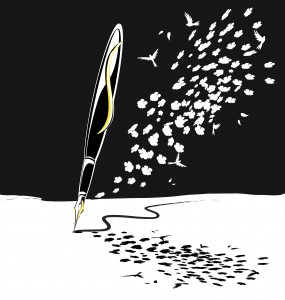 snatched away from us one sound-bite, one reality TV show, one advert at a time. Often our time, our precious time is bargained away from us by harsher forces, by ideals and scripts that aren’t our own, and the less time we have to dwell on the still small voice, the deeper the loss.
snatched away from us one sound-bite, one reality TV show, one advert at a time. Often our time, our precious time is bargained away from us by harsher forces, by ideals and scripts that aren’t our own, and the less time we have to dwell on the still small voice, the deeper the loss.
So my resolution, my only resolution every year is to listen more carefully to that gentler, quieter part of me, to forgive myself for not being able to be the super-human I think I should be, to settle into the arms of and be comfortable with the quieter me, the wiser me who knows how far I’ve really come, who knows that the shaping of a human being goes way deeper than what’s achieved in the outer world, and every heart that beats needs to find its own refuge in the value of just being who we are, of living in the present and coming quietly and gently and hopefully into 2020.
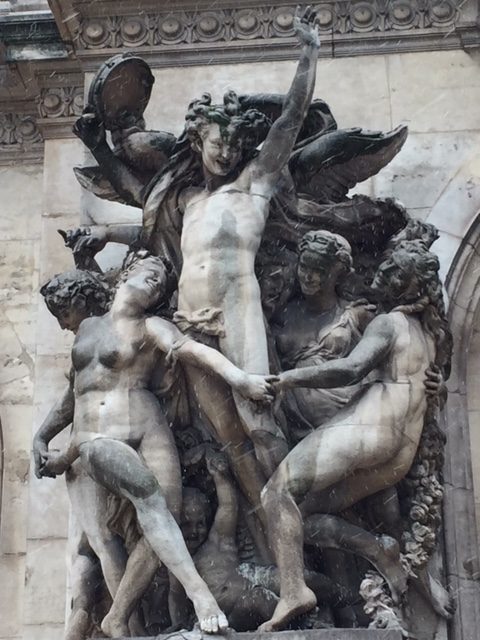
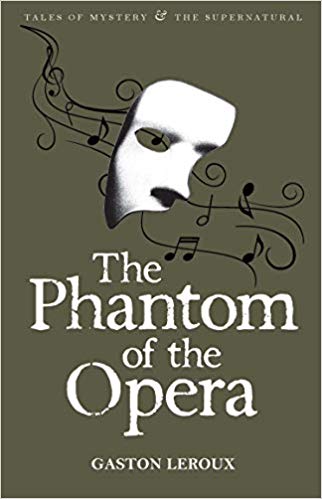
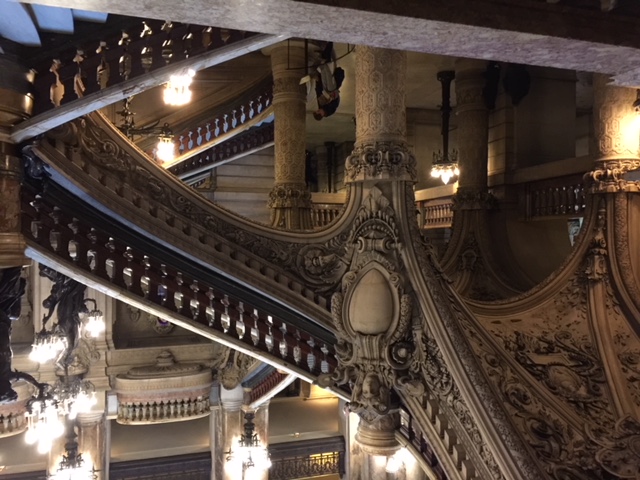
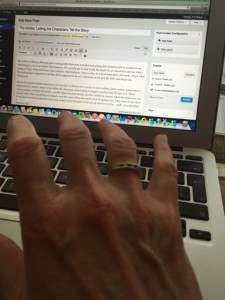 Like most writers, my first thought of being stuck is always in relation to my work, though this past year is one of the first times’s I’ve ever had writers’ block, because it’s basically been a very tough year emotionally, so I am learning to think of being stuck differently. Like writers, I have a lot of unfinished stories, most have been tucked away because I had other more pressing projects, or the energy just wasn’t there for them at the time. Some get finished, some don’t. Others have evolved into something else entirely or have been cannibalized by still other stories. Even if I am stuck in some part of a story with a plot logjam, almost always a good long walk will help me figure out what to do to move forward.
Like most writers, my first thought of being stuck is always in relation to my work, though this past year is one of the first times’s I’ve ever had writers’ block, because it’s basically been a very tough year emotionally, so I am learning to think of being stuck differently. Like writers, I have a lot of unfinished stories, most have been tucked away because I had other more pressing projects, or the energy just wasn’t there for them at the time. Some get finished, some don’t. Others have evolved into something else entirely or have been cannibalized by still other stories. Even if I am stuck in some part of a story with a plot logjam, almost always a good long walk will help me figure out what to do to move forward. because stuck isn’t the natural state of things. For those characters basking in their happy lives, there’s always a neurotic dose of waiting for the other shoe to drop. Either way, stuck doesn’t last because life is in flux, and everything about it is in
because stuck isn’t the natural state of things. For those characters basking in their happy lives, there’s always a neurotic dose of waiting for the other shoe to drop. Either way, stuck doesn’t last because life is in flux, and everything about it is in Like most writers, my first thought of being stuck is always in relation to my work, though I seldom get writers’ block. While I do have a lot of unfinished stories, most have been tucked away because I had other more pressing projects, or the energy just wasn’t there for them at the time. Some get finished, some don’t. Others have evolved into something else entirely or have been cannibalized by still other stories. Even if I am stuck in some part of a story with a plot logjam, almost always a good long walk will help me figure out what to do to move forward.
Like most writers, my first thought of being stuck is always in relation to my work, though I seldom get writers’ block. While I do have a lot of unfinished stories, most have been tucked away because I had other more pressing projects, or the energy just wasn’t there for them at the time. Some get finished, some don’t. Others have evolved into something else entirely or have been cannibalized by still other stories. Even if I am stuck in some part of a story with a plot logjam, almost always a good long walk will help me figure out what to do to move forward.
 punch for me with the loss of my sister. I’m more than ready to shed 2018 and move forward. As of tomorrow, the gym will be overflowing with New Years Resolutioners; all around the world new diets will have begun as soon as the New Year hangover wears off; people stop drinking, stop smoking, begin learning Spanish or French, people promise to take better care of themselves, spend more time with good friends, waste less time in front of the telly, and the list goes on. Since Boxing Day, the universal urge to be ‘better’ in the New Year has been nearly palpable in the soggy English air.
punch for me with the loss of my sister. I’m more than ready to shed 2018 and move forward. As of tomorrow, the gym will be overflowing with New Years Resolutioners; all around the world new diets will have begun as soon as the New Year hangover wears off; people stop drinking, stop smoking, begin learning Spanish or French, people promise to take better care of themselves, spend more time with good friends, waste less time in front of the telly, and the list goes on. Since Boxing Day, the universal urge to be ‘better’ in the New Year has been nearly palpable in the soggy English air.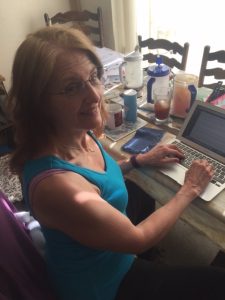 more time and energy than the end of the year entry, in which I reflected on how I did on the year’s resolutions and planned my resolutions for the next. This was a process that often began in early December with me reading back through journals, taking notes, tracing down some of what I’d been reading during that year and reflecting on it. Yeah, I know. I needed to get a life!
more time and energy than the end of the year entry, in which I reflected on how I did on the year’s resolutions and planned my resolutions for the next. This was a process that often began in early December with me reading back through journals, taking notes, tracing down some of what I’d been reading during that year and reflecting on it. Yeah, I know. I needed to get a life! the corners of my life. They came upon me, not in a sneak attack so much as a passing brush with someone who would somehow become my best friend.
the corners of my life. They came upon me, not in a sneak attack so much as a passing brush with someone who would somehow become my best friend.